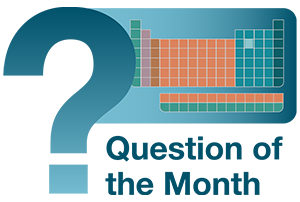
There are many types of fasteners available in the marketplace. Selecting the right type of fastener often depends on the job to be accomplished. Each type of fastener often has a matched screwdriver head type.

There are many types of fasteners available in the marketplace. Selecting the right type of fastener often depends on the job to be accomplished. Each type of fastener often has a matched screwdriver head type.
For performance and ease of use, I prefer square.
When removing a screw the obvious choice is whatever the screw dictates.
When choosing what to stock, I go with the cheapest stainless steel screws I can find that don't use a slot. Unfortunately this usually means Phillips.
For performance and ease of use, I prefer square.
When removing a screw the obvious choice is whatever the screw dictates.
When choosing what to stock, I go with the cheapest stainless steel screws I can find that don't use a slot. Unfortunately this usually means Phillips.
that don't use a slot.
Amen to that! Those are the worst!
But slotted screwdrivers are handy when the Phillips hole is stripped - use a dremel to create a slot and you get a second chance.
if it has to be Phillips.
Advantage of Posidriv over Phillips, is that a slow turning powertool will grab into a Posidriv, but not in a Phillips.
At a production line, it means that you can get grip by giving the machine a little oomph. With a Phillips it will skip over. You have to align the bit somewhat when attacking a Phillips.
A Posidriv screw also sits better on a magnetic screwdriver, if you have to reach deep to mount a screw.
Sometimes a magnetic screwdriver is not the right tool to use, e.g. when aligning the record/play heads on vintage tape recorders. A small blob of Blu-Tack usually does the job.
Indeed. My experience is from assembling semi trucks